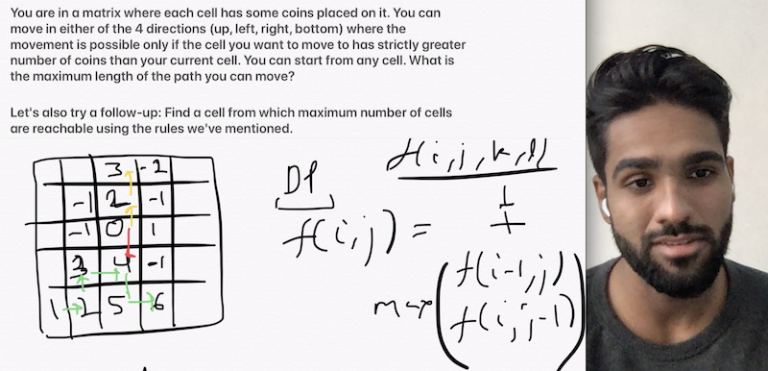Years ago, when I was in college and decently good at competitive programming, I applied for a Google internship and was confident of decimating the interviews — given how well I knew the basic as well as advanced algorithms and data structures — and my cracking coding speed which produced bug free code (mostly). I remember the interviewer asking me a question about substring matching, which turned out to be a piece of cake with a custom string hashing function and a hashmap. I was done within half an hour and went to sleep imagining if Google internship would be as fun as they say — team outings, free food, schwag etc.
A few days later, I got a rejection email. And then I went and talked to my college seniors about what had really happened. I had totally misunderstood the objective of the interview. I had displayed skills that are relevant to ACM ICPC and CF online judges, but not to human beings. I had displayed only a subset of skills that are required to be a good software engineer (debatable, but at least that's how the interview process goes).
I've interviewed hundreds of candidates at my time at Google — many of them rated highly on various coding platforms — but lacking the basic style of a conversation that could convince me to work with them. It's disappointing to see that with some basic guidance, how much these folks can achieve.
For the same reasons, I've started with an initiative which this community may find useful. It's a #WeeklyCodingInterview series, where I post a typical, but unique, interview question, along with follow ups, that folks can try for a week. At the end of the week, I provide the fundamental approaches to the problem, along with interviewer insights such as — how to approach, what are the common mistakes, how to communicate, what is the hiring bar at Google, etc.







